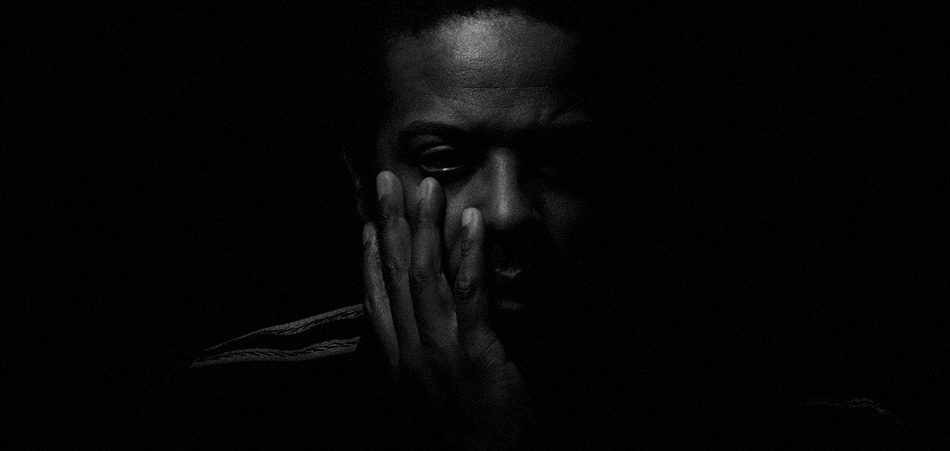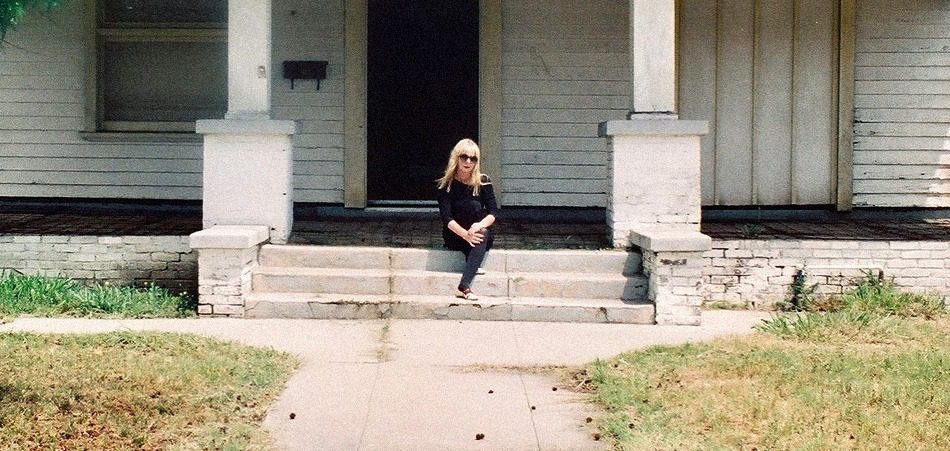As another February comes to a close along with another Black History Month, many folks will likely return to their regular media and educational intake, having checked the box of acknowledging social injustice, a topic that can now return to the back burner until next year. For Black people, however, racism is a reality year round, and for other social justice advocates, the education cannot stop at the end of February. Enter Adrian Younge. With his latest album The American Negro, the visionary artist and producer has delivered an opus on the history and salience of racism in America, couched in his stylish analog musical sensibilities.
In a Zoom call with EARMILK, Younge spoke about the album’s content and creation. He conceptualized the work two years ago but felt an increased motivation after the murder of George Floyd in 2020. “We’re always striving for equality but now, it became like a beacon for so many… it’s the first time in our history that the world has been fighting for equality for Black people at the hands of law enforcement… it’s (the album) serving as a launch pad to help get the education out there.” Younge, a former law professor, delivers that instructional message on The American Negro through music and spoken word, with poetic vignettes sprinkled throughout the album highlighting the social and legal history, the horrors, and the ultimate resolve of the Black experience in America. Younge points out the contradiction that a country founded on the tenet of freedom has a society that is derivative of what he aptly calls a “slave-ocracy.”
Keeping with his informational approach, some of the LP’s most potent moments come on his tracks highlighting three of history’s lesser known victims of racial injustice: “James Mincey Jr,” “Margaret Garner,” and “George Stinney Jr.” Each of these entries to the set provides soulful instrumentals and vocals with heartbreakingly powerful lyrics about these stories. Mincey Jr. died by way of chokehold from the LAPD in 1982 and is featured in the documentary Let It Fall: Los Angeles 1982-1992. Margaret Garner was born into slavery in the mid-1800s and after having escaped her captive plantation, was eventually caught, leading her to kill her child to prevent a life in perpetual bondage. Her story inspired Toni Morrison’s novel Beloved. George Stinney Jr. was the youngest person in modern times to be sentenced to death. At 14 years old, he was wrongfully accused of murder and subsequently executed in 1944.
Younge describes his rationale for including these stories as a hope for people to connect the dots between injustices of today with historical patterns in this country. “George Floyd didn’t just happen. George Floyd has been happening for years. People dying from asphyxiation by law enforcement has been happening for a long time.” The concept of asphyxiation is of particular significance on The American Negro, emphasized by the impactful album cover recreating “Lynching Postcards” with an image of Younge being hung from a tree. The album art has apparently been censored for some users on Instagram, which only accentuates its impact. For him, “it’s all about highlighting perspective so that when people are talking about institutionalized racism or blind racism or double oppression or whatever it may be, at least they’ll have more ammo to discuss their position.”
Amid the incredibly poignant messages, stories and perspectives put forth on The American Negro is Younge’s distinct music style. His musical fingerprints are all over the album, as he composed and performed the majority of the music throughout with his signature analog sound. He describes his musical efforts as “writing a story with music,” going on to say “the music really adds sunlight to what it is I’m trying to exhibit… using really deep compositions to make people’s stomachs turn in certain ways that words won’t.” Throughout the album, the instrumentals reflect an emerging dichotomy of melancholy darkness with hope and harmony, a balance that is inherent in Younge’s message.
Racism in America will never be fully eradicated without more awareness and The American Negro is an undoubtedly powerful depiction of the Black experience for those with any level of prior knowledge. While shining a light on an agonizing history, Younge also takes on a disposition of love. “This album discusses the fact that, yes, there’s all this nefarious stuff that happened and stuff still happens today but at the same time, you can’t live life with a dead soul. You have to understand how beautiful life is and you can’t hate people…there is really no such thing as race, there’s no eugenic difference between all of us. We’re really all the same.” He offers some hope for the future with the comment, “We’ve moved so far, but there’s still more that we gotta go. But the fact that we’ve come to this point is a beautiful thing.” The American Negro provides a necessary reminder that if we carry with us the knowledge of the past along with an immovable motivation to keep striving for true freedom and justice, a better future is possible for everyone.
The American Negro is out now via Jazz Is Dead and available to stream or download here. Adrian Younge has also started a new podcast called Invisible Blackness, which is available here, and has an upcoming short film entitled T.A.N., which he wrote, directed, edited, and composed the score. The film will soon be available via Prime and the Amazon Music app.
Connect with Adrian Younge: Instagram | Twitter | Facebook | Bandcamp | Spotify










